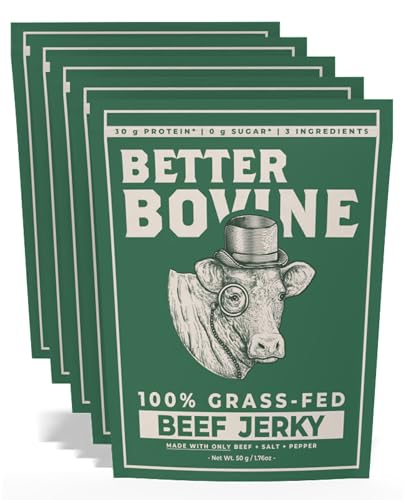The Curator independently decides what topics and products we feature. When you purchase an item through our links, we may earn a commission. Promotions and products are subject to availability and retailer terms.
Feeling low or drained can stem from many factors—lack of sleep, hormonal shifts, poor nutrition, low vitamin D and chronic stress, to name a few. Yet, there’s one surprising cause of mood swings that’s often overlooked: iron deficiency. If you’ve noticed your energy levels dip alongside your mood, the two could be more connected than you think. We spoke with Toronto-based naturopathic doctor Meera Dossa to uncover how iron deficiency might be affecting your mental well-being and what you can do to regain balance.

How iron affects mood
Iron is a vital mineral that our blood cells depend on to produce hemoglobin—the protein responsible for carrying oxygen from the lungs to tissues throughout the body. “When iron levels drop, hemoglobin production decreases, leading to reduced oxygen supply, which in turn causes fatigue and low energy,” explains Dossa
The ripple effects of fatigue can easily create a cycle of low mood or worsen symptoms of depression and anxiety. With less oxygen reaching the brain, cognitive function is impaired, making it harder to regulate emotions and causing mental fog, trouble concentrating, and slower thinking—all of which can lead to feelings of frustration. Additionally, we become less motivated to engage in physical activity, which normally helps boost serotonin and dopamine, the brain’s feel-good chemicals. “However, exercising to improve mood without addressing an iron deficiency can put further strain on the body,” Dossa adds.
Common causes of iron deficiency
“Iron deficiency can stem from various causes,” explains Dossa. “For example, individuals with heavy menstrual bleeding, or conditions like endometriosis and fibroids, may experience increased iron loss. Older adults, who often produce less stomach acid—a key component in absorbing iron from food—are also more susceptible to deficiency. Certain medications, particularly long-term use of antacids, can further reduce stomach acid and hinder iron absorption. Additionally, digestive disorders such as celiac disease, ulcerative colitis, or Crohn’s disease can lead to both malabsorption and blood loss, depleting iron levels even further.”
Diet can also play a significant role. “Vegetarians and vegans are a large group I see with iron deficiency,” Dossa notes. “Heme iron, found in meat products, is easily absorbed by the body. However, non-heme iron from plant-based sources isn’t always as effective.” For instance, spinach, often considered iron-rich, contains oxalates, which can inhibit iron absorption. Maintaining optimal iron levels can be more challenging for those following a plant-based diet due to the reliance on non-heme sources alone.
How to treat low iron
While iron supplementation can be helpful, Dossa advises against relying on supplements alone. Optimizing gut health is key to improving iron absorption Dossa notes. This includes incorporating iron-rich foods and eating strategically—such as avoiding calcium-rich foods when consuming iron, as calcium can inhibit its absorption.
When choosing an iron supplement, Dossa stresses the importance of selecting a clean, high-quality source. Some over-the-counter brands contain ferrous sulfate, which often causes digestive issues like constipation and bloating. A healthcare provider may recommend gentler forms of iron that are easier on the stomach.
Addressing the root cause of iron deficiency is crucial for effective treatment. For instance, heavy menstrual bleeding may signal an underlying hormonal imbalance, which should be treated alongside boosting iron levels. For those with low stomach acid, improving digestion and gut health can enhance iron absorption, reducing the need for long-term supplementation. “If we can fix that individual’s digestive health or make it more optimal, then you shouldn’t be having to rely on a supplement to bring things up. You should be able to pick it up from your food, ideally,” Dossa explains.
For heme sources, Dossa recommends poultry, meat and seafood with liver being a very good source of heme iron. Non-heme sources include chickpeas, leafy greens, pumpkin seeds, kidney beans, and blackstrap molasses. To enhance absorption, she suggests pairing iron-rich foods with vitamin C—like squeezing fresh lemon over a leafy green salad—as vitamin C helps the body absorb iron more effectively.
Our favourite iron-boosting products











Comments
Want to discuss? Please read our Commenting Policy first.